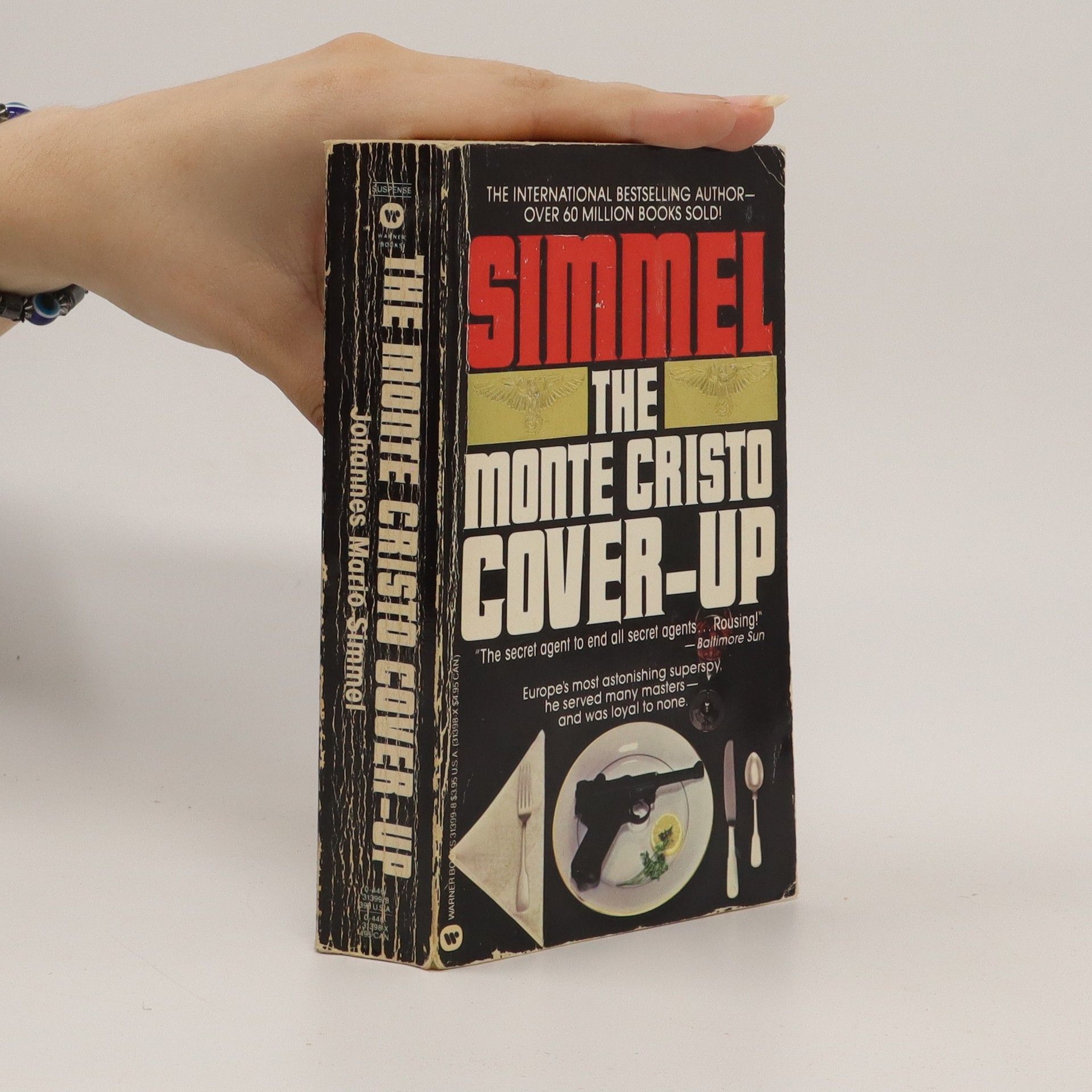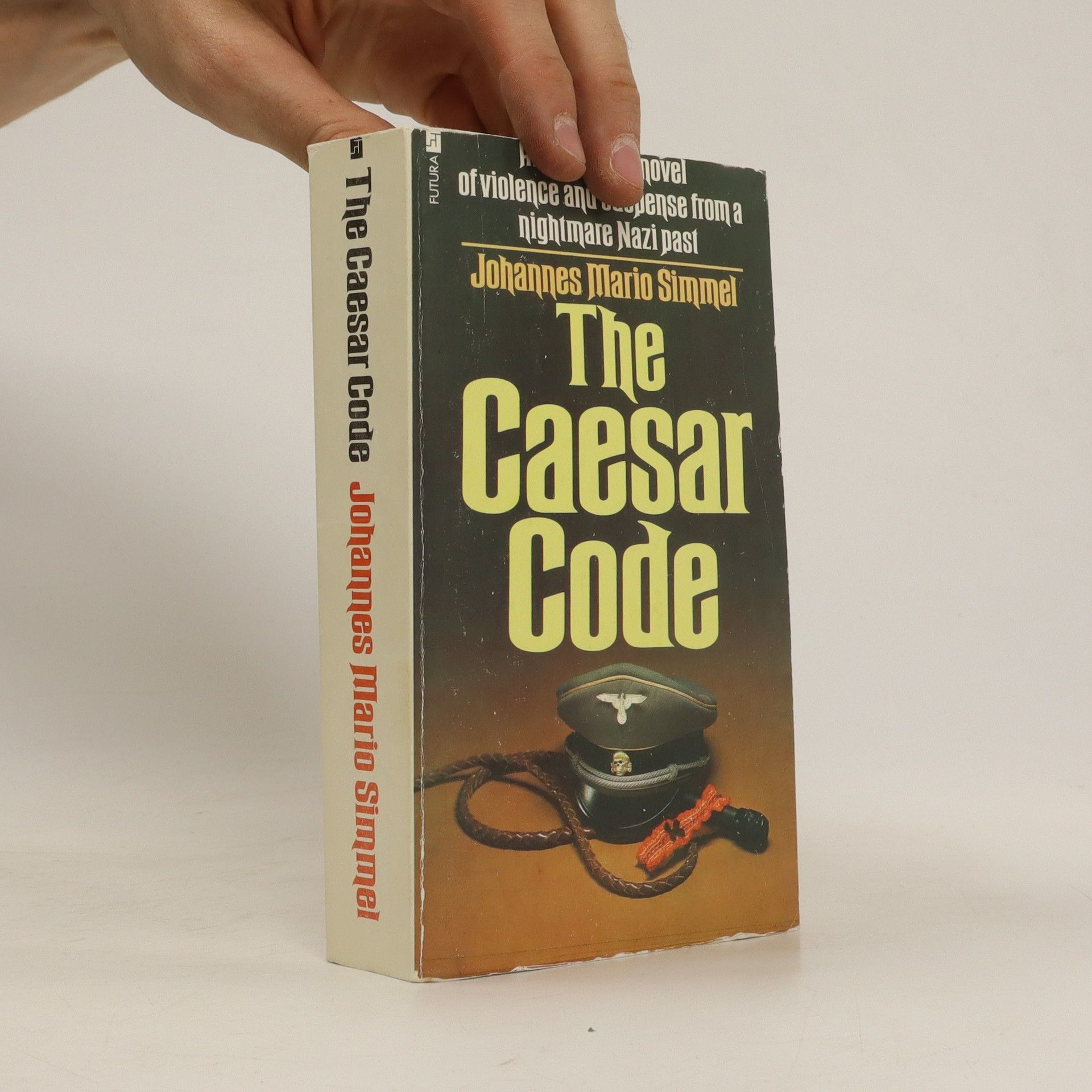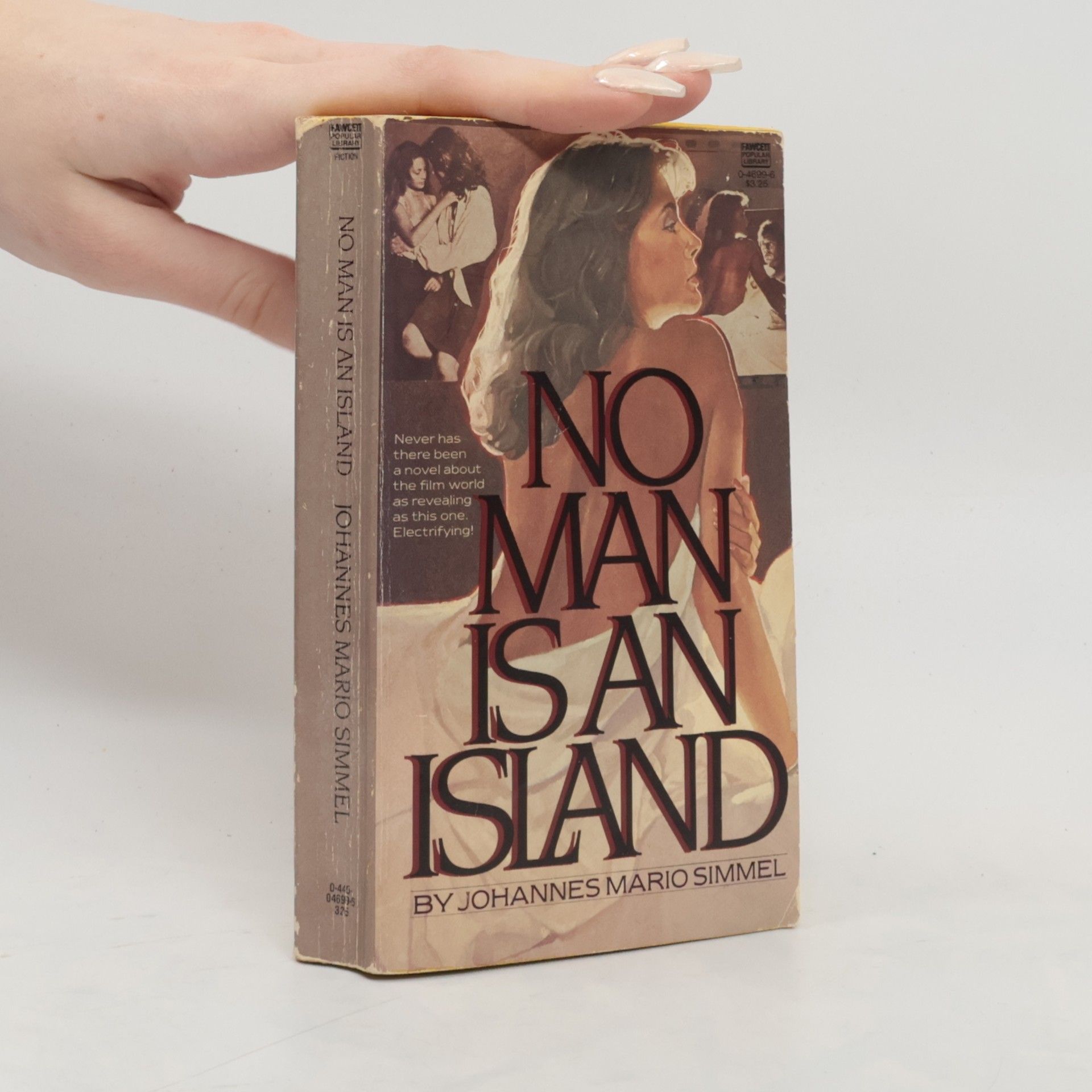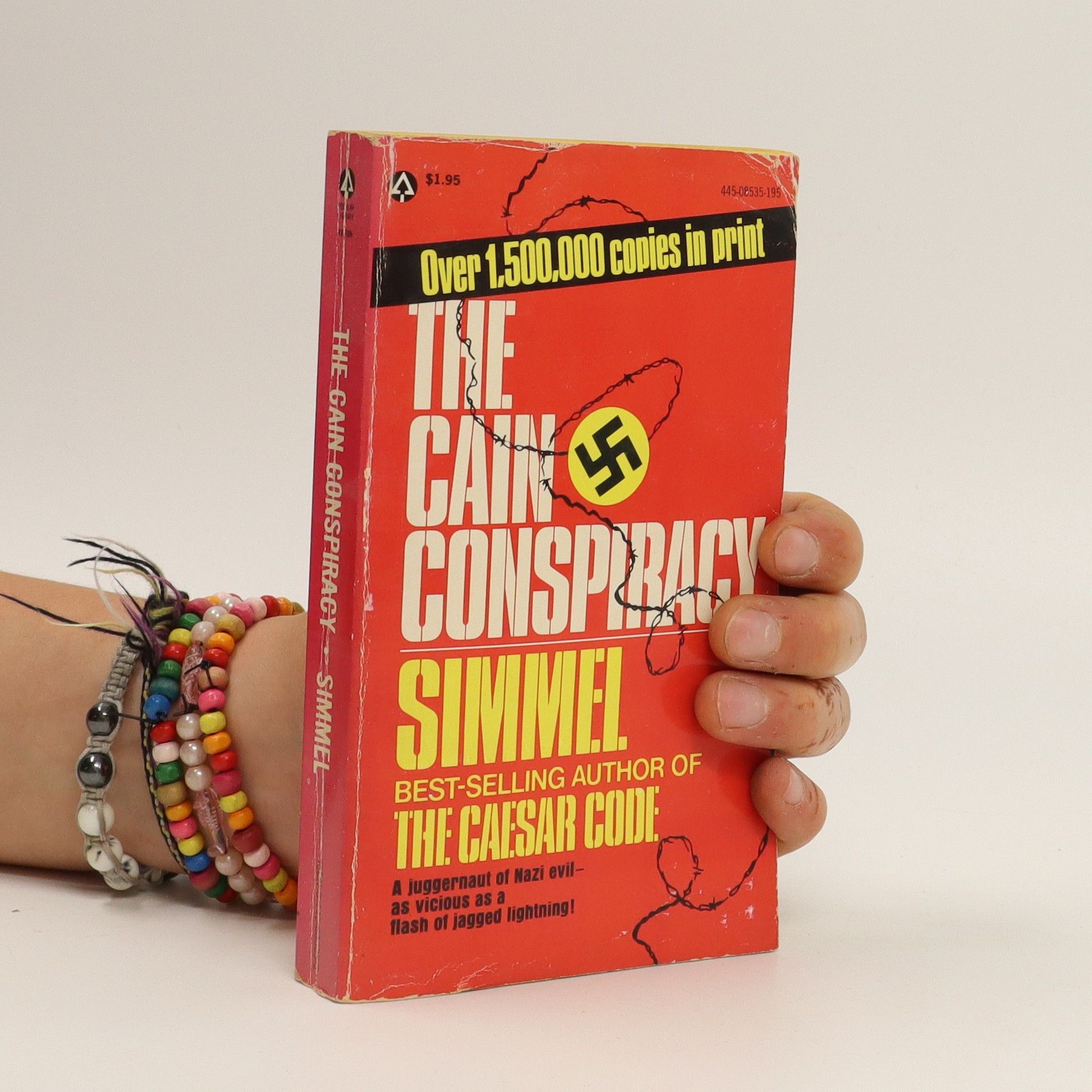The Cain Conspiracy
- 509 pages
- 18 hours of reading
Johannes Mario Simmel was an Austrian writer whose novels sold millions of copies and were frequently adapted into films. His works delve into pressing themes such as fervent pacifism and the relativity of good and evil, often rooted in real-life events that may contain autobiographical elements. Simmel's distinctive skill in weaving suspenseful narratives with profound moral inquiries cemented his legacy as a remarkable author.







Peter Jordan, einst der gefeierte Kinderstar von Hollywood, dann vergessen und über der großen Enttäuschung hemmungslos dem Trunk verfallen, schwer belastet mit einem Schuldkomplex, weil er eine von ihm geliebte Berliner Jüdin in der »Kristallnacht« 1938 verraten hat, noch mehr in Schuld verstrickt durch eine verhängnisvolle leidenschaftliche Bindung an seine Stieftochter- dieser Peter Jordan kämpft verzweifelt um sein Comeback. Jedes Mittel ist ihm dabei recht. Natascha Petrowna, eine russische Ärztin, verhilft ihm zur Flucht nach Rom, zu einem Psychotherapeuten. Hier »beichtet« der völlig Zerrüttete seine Schuld, und während in der ganzen Welt Peter Jordans Comeback zur großen Sensation des Films wird, erlebt er in der Stille sein menschliches Comeback: Im allerletzten Augenblick entschließt er sich, den »schweren Weg zu gehen« und seine Schuld zu büßen.
Dies ist die Geschichte einer großen Liebe, aufgezeichnet von Oliver Mansfeld, einundzwanzig Jahre alt, Sohn eines Schiebermillionärs, Schüler eines Internats im Taunus. Er erzählt die Geschichte, um »aller Welt ohne Furcht und Scham die Wahrheit zu sagen« - die Wahrheit über seinen Vater, den er hasst; die Wahrheit über seine, Olivers, Liebe zu der schönen Verena Lord, die ihren Mann, den großen Bankier, betrügt und für die Liebe »nur ein Wort« ist; die Wahrheit über die Menschen, die Olivers Liebe zu Verena zunichte machen wollen: den heimtückischen, bösen Krüppel Hansi, die mannstolle Geraldine, den erpresserischen Diener Leo und den so nobel auftretenden Bankier Lord.
Die Jacht eines deutschen Bankiers fliegt in die Luft. Robert Lucas, Angestellter der Gesellschaft, bei der die Jacht versichert war, wird losgeschickt, um Licht in das Dunkel dieser Katastrophe zu bringen. Damit bereits ist sein Schicksal ebenso vorgezeichnet wie das der jungen Malerin Angela Delpierre, der Lucas in Cannes begegnet. Rätselhaftes und Unheimliches, aber auch das Wunder der übermächtigen Liebe zweier Menschen geschieht in der paradiesisch schönen Landschaft der Côte d'Azur: zwei Liebende und ein halbes Dutzend der Mächtigsten dieser Erde sind verstrickt in ein Netzwerk von Leidenschaft und Verbrechen, aus dem es keinen Ausweg mehr zu geben scheint.
Numa guerra, o que você faria para sobreviver? Viena, março de 1945, últimos meses da Segunda Guerra Mundial. Três mulheres, três homens e uma menininha se veem presos em um abrigo subterrâneo. Lá fora, um bombardeio destrói tudo ao redor e os deixa isolados pelos escombros. O grupo não poderia ser mais heterogêneo: uma grávida e sua filha pequena, uma senhora idosa muito religiosa, uma jovem artista, um padre alcoólatra que perdeu a fé em Deus, um jovem soldado e um químico. O que os une é o sonho de liberdade. Mas como chegar a um consenso sobre o que fazer para sair dessa situação, uma vez que cada um deles tem uma opinião diversa sobre que atitude tomar? Esperar, mesmo tendo uma grávida no grupo? Explodir a parede, mesmo com o risco de morrerem na explosão? Cavar incansavelmente? O que seria menos arriscado? Nesse confinamento forçado, os sentimentos são levados ao limite. Em Amanhã é outro dia (1948), o escritor austríaco J.M. Simmel (1924-2009) criou um microcosmo da sociedade exaurida pelo combate. Amor e ódio, bondade e violência, confiança e medo, simplicidade e fanatismo: esses e outros sentimentos se digladiam nos preciosos minutos em que o grupo luta para sobreviver – sentimentos de um continente extenuado pela insanidade da guerra.